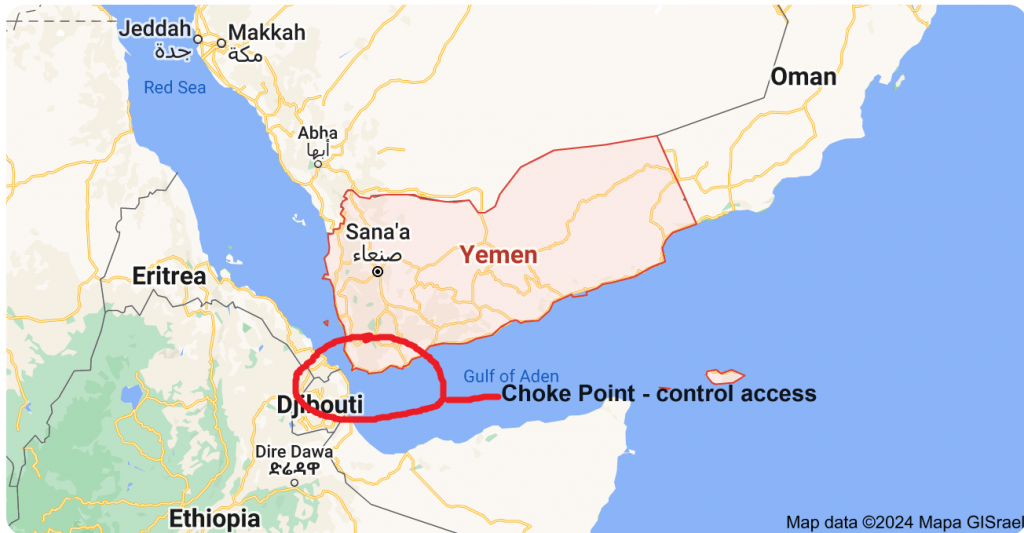
Yemen, a nation with limited oil resources, emerges as a crucial player on the global stage due to its strategic location at the southern tip of the Arabian Peninsula. Beyond its seemingly modest profile, Yemen’s significance lies in its control over vital waterways, making it a key influencer in international trade and security. In this article, we delve into the multifaceted importance of Yemen, exploring its role in global maritime routes, counterterrorism efforts, and the broader geopolitical landscape.
1. Strategic Chokepoint:
Yemen’s most notable geographic feature is the Bab el Mandeb strait, a narrow passage that links the Red Sea to the Gulf of Aden. This strategic chokepoint is a lifeline for global trade, as a substantial portion of the world’s oil and goods traverse through this maritime gateway. Disruptions in this region could reverberate across the globe, impacting international trade and energy security.
2. Maritime Routes:
Situated along the southern coast, the Gulf of Aden plays a pivotal role in facilitating maritime routes connecting Europe, Asia, and the Middle East. As a gateway to the Suez Canal, Yemen is integral to the transportation of goods and energy resources. Any instability in the region has the potential to disrupt these vital maritime arteries, affecting global trade dynamics.
3. Counterterrorism and Piracy Concerns:
Yemen has long been a refuge for terrorist groups, including Al-Qaeda in the Arabian Peninsula (AQAP). The presence of such groups poses a threat not only to regional stability but also to global security. Additionally, the waters off Yemen have witnessed piracy, adding an extra layer of complexity to maritime security efforts in the region.
4. Saudi-Iran Proxy Conflict:
Yemen finds itself at the epicenter of the broader regional rivalry between Saudi Arabia and Iran. The ongoing conflict, with Houthi rebels supported by Iran and the internationally recognized government backed by a Saudi-led coalition, heightens tensions in the region. This proxy conflict underscores Yemen’s role as a focal point in broader geopolitical rivalries.
5. Humanitarian Crisis:
Beyond the geopolitical intricacies, Yemen grapples with a severe humanitarian crisis resulting from the protracted conflict. Widespread displacement, food insecurity, and a lack of basic services contribute to a dire situation. The international response to the humanitarian crisis in Yemen underscores the intersection of geopolitical considerations and the urgent need for humanitarian action.
In summary, Yemen, despite its modest resource wealth, emerges as a critical player in global affairs. Its strategic chokepoint, control over maritime routes, and involvement in counterterrorism efforts and regional conflicts underscore its multifaceted significance. As we navigate the complexities of Yemen’s geopolitical landscape, we gain insights into the interconnected nature of global politics and the delicate balance between trade, security, and humanitarian concerns.



